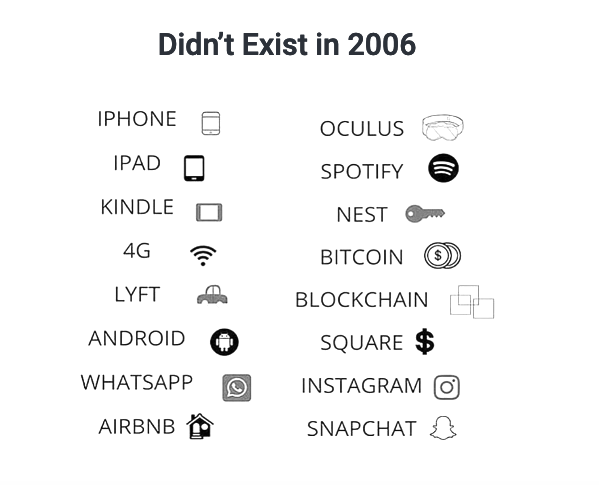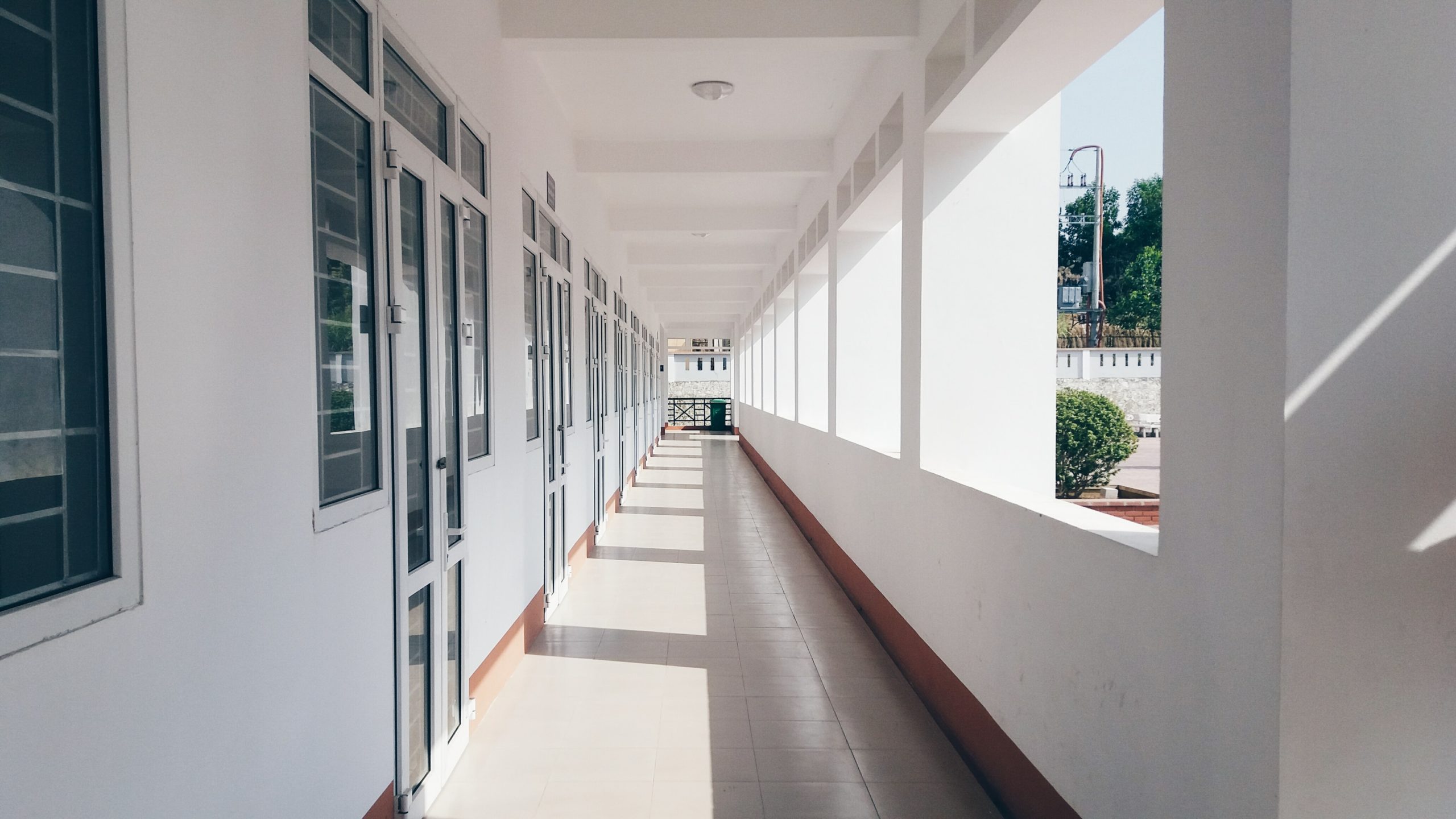I have heard mounting frustrations and complaints about kids not being able to manage their digital habits. I just sat with a teacher this week who was on a mission to ban cell phones nationwide (in school) because it was “distracting her students from learning.” She is working so hard and struggling to get her kids to focus on or care about what she feels she is held accountable for teaching. It is frustrating when learners are distracted in school and policymakers are starting to take actions. This teacher’s (an many others) dream might become a reality according to a proposed ban on cell phones in California states that usage; “interferes with the educational mission of the schools, lowers pupil performance, particularly among low-achieving pupils, promotes cyberbullying, and contributes to an increase in teenage anxiety, depression, and suicide.”
I hear (and see) that students are connected to their devices far too often that is healthy and productive and social media can have very real social and emotional consequences.
I am not going to pretend that this isn’t a challenge and that these aren’t real issues that need to be dealt with. My husband is a 10th-grade teacher and I know the struggle is real but I would argue that banning cell phones is short-sighted.
Does banning things ever work to curb the behaviors that we are want to get rid of?
Banning books, gum, food, hats, enforcing the dress code, and policing kids for things they can’t have can take up so much of the instructional time all in the name of learning.
What are we losing when we spend time policing kids instead of building powerful relationships and actually teaching kids the skills that they need.
My friend and author of the amazing book, Social LEADia- which highlights the power of social media for GOOD- Jennifer Casa Todd was just interviewed on the ban in Toronto and argues that a “ban” is a simplistic “solution” to a very complex and layered issue.
Instead of banning cell phones, could we provide more support for #digitalcitizenship?
https://twitter.com/spaikin/status/1108821364750893057
I read this article recently from an educator who describes when he focused on banning devices he spent hours taking away and tracking devices but cell phone use didn’t decrease. So he decided to try something different:
I told my classes I wouldn’t take their phones as long as they were kept on top of their desks. No more texting in their lap or hiding what games they were playing.
Did students still text? Absolutely. Did they play games? Sometimes. But I was able to talk with them openly about what they were doing.
“Do you think this is the right time to text your friend?”
“What game is that? What math is going on in it?”
I was able to leverage these moments into conversations about individual learning skills. At the same time, I started to notice that sometimes their “off task” device use was really on task.
I have also heard about how students are using Google Docs and other chat features to communicate during class duh this is so much more efficient than the notes that I passed as a kid:). I know colleagues who use chat features in docs and other apps to communicate about work and about life and other things that are happening too.
Will we ban google docs and chat features for students and adults? Where will the ban end?
We are social creatures and people will find ways to communicate- they always have- cell phones make this way easier and far more distracting, but it is the reality in our world today.
What if we instead model and share our strategies and struggles to focus and prioritize with the many distractions we face? Many teachers are begging for support, resources, and strategies for how to engage, empower and connect with students? Can we try teaching responsible use and how to manage distractions (that will be a valuable life and work skill) instead of banning things in schools?
Are we going to limit access or teach responsibility?
This is the first generation of kids who don’t know what it’s like to not have to endure commercials or rush home for a call or wait to communicate and share events not to mention find answers to questions, connect with experts and share their ideas and creations with anyone who will listen. The benefits and opportunities that exist at our fingertips are amazing and addicting and have real consequences for students and adults alike.
Just look at this list of technology that didn’t exist in 2006.

These new technology has enabled access and connectivity like never before. What scares me the most for my own children and all of our children is that if we (both parents and educators) aren’t teaching this generation how to navigate this world, who is? Where do they learn to manage their devices and on-demand access and balance them with key social skills including having conversations, being kind, collaboration, managing impulsivity, prioritizing people, interactions, the things that make us special and human? Many people blame technology but we, as adults, have to teach, model and talk about the behaviors we want to see.
My family was recently interviewed by the Today show (it hasn’t aired yet) and the producer remarked how surprised she was to see that my 8 and 10-year-olds were respectful, they are able to look adults in the eye and hold a meaningful conversation. This was a huge compliment to me. She said she sees many kids who grab an ipad and retreat to their own world, failing to talk or interact with those around them. To be very clear, my kids are not perfect, nor am I but I feel very strongly about exposing my kids to the world both digitally and in person in ways that will equip them with experiences and skills that will empower them to be able to navigate the world on their own. And I wrestle every day with how to navigate this world for myself and what that means for me as a parent and as an educator.
There are benefits to cell phones and our connectivity, but there are challenges and the world is changing and will continue to at much faster rates. We can’t continue to approach a new era with old behaviors, ignoring or banning the technology that is so integrated into our daily lives. I wrote this article, Is checking devices at the door really the solution, and I want to be clear that I am not advocating for kids to just be able to hang back and play on their phones whenever they want.
There is no right way and this is, in fact, messy. I am advocating for more conversation not just banning access or equally as bad is just ignoring the issue. School ‘acceptable use’ policies and blanket online policies that aim to limit access and protect us have not helped our students figure out how to navigate this world. I can’t count how many conversations I have had with friends joking about how thankful we are the Facebook and Instagram didn’t exist when we were in high school or college (that just dated me… I know). But the reality is that our students now do have social media and ignoring it or blocking it from school is not going to help them learn how to represent themselves effectively, nor is it going to help them deal with the intricacies of their social lives.
Let’s talk about it, model it, and learn together rather than banning devices. And for any legislators, policymakers or people who have “the power” to ban things, if you really want to make an impact, let’s focus on things that will make a difference in schools like the over-emphasis on testing, more equitable funding, and supporting educators to do the enormous job of educating the diverse students that enter their schools and classroom every day!



0 Comments